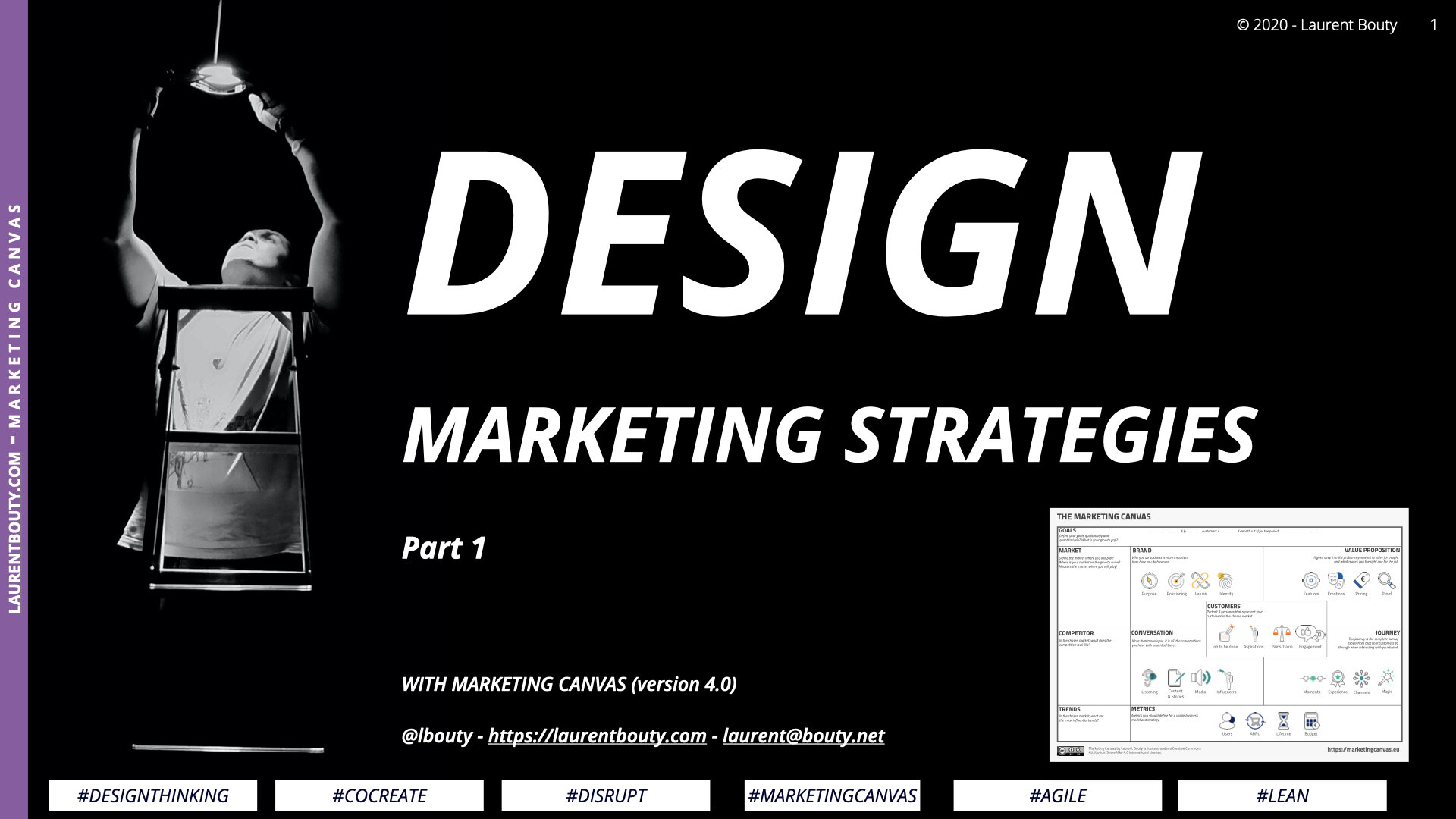In today’s business landscape, sustainability is no longer optional—it’s essential. Companies like Patagonia and Unilever have embedded sustainability into their core strategies, responding to consumer demand for ethical practices and building lasting loyalty. By using frameworks like the Marketing Canvas, brands can seamlessly integrate sustainability into every aspect of their marketing strategies, balancing profit with environmental stewardship.
1. The Rise of conscious consumers
Today’s consumers are more informed about sustainability and expect brands to align with ethical and environmental values. Patagonia’s “Don’t Buy This Jacket” campaign exemplifies how a brand can promote conscious consumption while strengthening its relationship with consumers. The Marketing Canvas helps examine customer bases to identify how sustainability can drive brand loyalty. Through its structured approach, the Marketing Canvas refines customer segmentation, better targeting sustainability-conscious audiences.
2. Sustainability as a differentiator
Unilever’s Sustainable Living Plan shows that sustainability can be a competitive advantage. Brands that integrate sustainability differentiate themselves in markets where competitors often focus on price or short-term gains. The Marketing Canvas allows brands to assess their Value Proposition, highlighting sustainability as a unique selling point. With its 24 dimensions, the Canvas explores how sustainability impacts not only products but also the brand journey and customer experience.
3. Long-Term business resilience
Companies focused on sustainability are more resilient in the long term. For example, Unilever’s sustainable brands grew 69% faster than the rest of its business, demonstrating how sustainable practices protect both profitability and future growth. The Marketing Canvas helps businesses integrate sustainability into key success metrics. By evaluating sustainability’s long-term impact on revenue, customer retention, and brand perception, companies can future-proof their strategies.
4. Building authentic brand stories
Brands like Tesla, which authentically communicate their sustainability efforts, build deeper connections with their customers. The Marketing Canvas highlights the importance of storytelling through the Conversation dimension, helping brands craft compelling narratives around sustainability. By aligning brand purpose with sustainability goals, businesses create consistent, credible messages that foster consumer trust and loyalty. The Marketing Canvas ensures sustainability is embedded in every touchpoint, from media strategy to influencer partnerships.
5. Future-proofing your business
Sustainability isn’t just a trend; it’s the future of business. Brands like IKEA, with their circular economy model, are setting new standards for future readiness. Using the Marketing Canvas, brands can map long-term sustainability goals alongside financial objectives and measure progress with tools like the Total Sustainability Score. This score, as highlighted in recent research, provides a clear metric to track how effectively sustainability is embedded in a marketing strategy, helping brands stay ahead of trends and regulatory requirements.
6. Complementing the Marketing Canvas with sustainability-focused evaluation statements
To fully integrate sustainability, we will complement existing Marketing Canvas evaluation questions with new sustainability-focused statements. These new questions will address product lifecycle, sustainable customer engagement, and environmental impact. In some dimensions, such as Environmental Trends and Social Factors, the existing questions already cover sustainability, so further additions may not be necessary.
By placing sustainability at the heart of your marketing strategy and using comprehensive frameworks like the Marketing Canvas, your brand can meet the demands of today’s conscious consumers while creating a resilient, future-proof business model that benefits both your bottom line and the planet.
Sources:
IKEA Circular Agenda: https://www.ikea.com/global/en/our-business/sustainability/our-circular-agenda/
Eccles, Robert G., Ioannis Ioannou, and George Serafeim. "The Impact of Corporate Sustainability on Organizational Processes and Performance." Management Science 60, no. 11 (November 2014): 2835–2857.
The sustainability imperative, https://nielseniq.com/global/en/insights/analysis/2015/the-sustainability-imperative-2/













